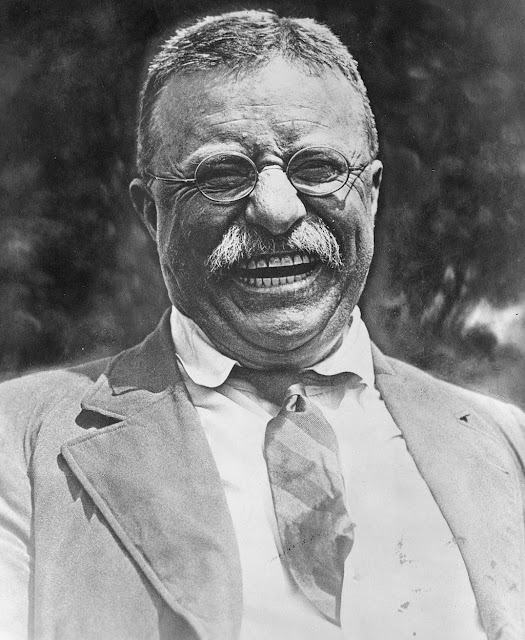WHEN today's story first appeared, science fiction didn't have a name, which is why the All-Story editor chose to bill it as "A 'DIFFERENT' STORY." But science fiction it is, as a "war-torn earth" turning hopefully back to peace must instead cope with . . .
"The Mind Machine."
First appearance: All-Story Weekly, March 29, 1919.
Reprints pages (ISFDb HERE and HERE), as well as 10 Story Book, September 1927 and 10 Story Book, March 1938. (FictionMags data.)
Novelette (17 pages).
Online at Archive.org (HERE).
(Note: Text faded but readable.)
"I’m worried stiff. Last week we lost ninety-two elevator operators in the United States and Canada. Yesterday sixty-three electrical engineers and dynamo tenders were killed—"
Segments:
Chapter I: The Liquid Mystery.
Chapter II: The Dawning of the Terror.
Chapter III: David Evans.
Chapter IV: The Mind Machine.
Chapter V: In the Dynamo Room.
IF people don't run things, who will?
Main characters:
~ John A. Cummings ("I am writing this narrative, in the briefest possible form, upon the last paper left to me, in a cave in the Sierra Nevadas"), David Evans ("I thought he was awakened to the truth; but he is not, he is not"), Richard Meehan ("He's about the biggest brain we own"), Jarvis Cummings ("If you had my job, you would not only be mussed up with lack of sleep, but you’d be scared as well"), and Lawrence Dunn ("our Sherlock Holmes depart-ment").
Typo: "you yould fail".
References:
- "The great Edison tradition"; "another Edison" (HERE).
- "in the dynamo-rooms" (HERE).
- "as Roosevelt’s used to be" (HERE):
This would be the 26th American president, not his fifth cousin.
- "having Celtic imagination and fervor" (HERE).
- "Anarchy, the vile, soulless, antisocial, antihuman power which always is the foe of organized human life!" (HERE).
- "any more than Pilate understood the truth" (HERE).
- "impossible things, like perpetual motion" (HERE).
- "development of the improved Edison-Steinmetz calculating machine" (HERE).
- "a world state devoid of all organized law, in an ideal form of anarchistic control, was known as the Inner Circle" (HERE and HERE).
- "make machinery not merely automatic, but intelligently automatic" (HERE).
Resource:
- We must wonder if Francis Flagg read today's story, his "The Mentanicals" (HERE) coming along fifteen years later.
The bottom line:
Unless otherwise noted, all bibliographical data are derived from The FictionMags Index created by William G. Contento & edited by Phil Stephensen-Payne.
~~~~~~~~~~~~~~~~~~~~~~~~~~~~~~~~~~~~~~~~~~~~~~~~~~~~~~~~~~~~~~~~~~~~~~~~~~~~





.jpg)


No comments:
Post a Comment